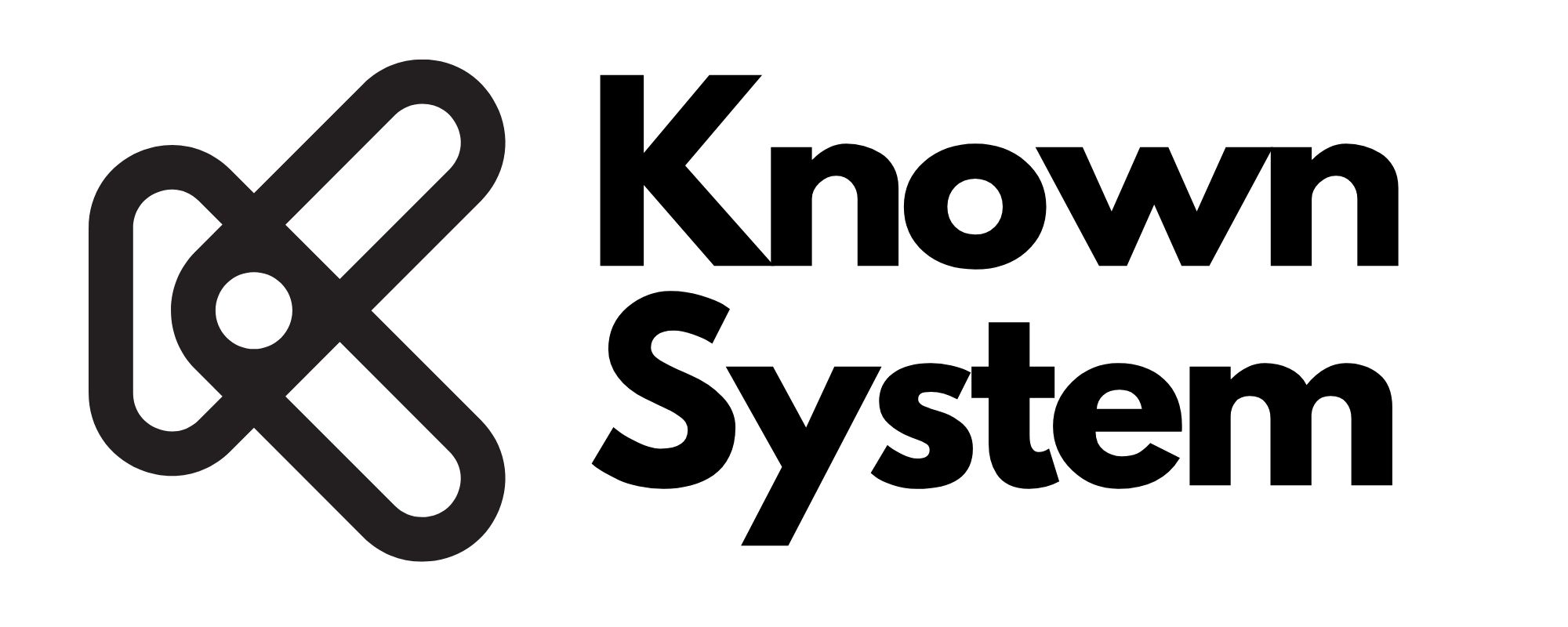The Role of Technology in Shaping Modern Society: A Critical Analysis

Technology plays a significant role in shaping modern society, influencing almost every aspect of our lives. From the way we communicate to the way we work, healthcare, and even our personal relationships, technology has altered the fabric of society in profound ways. While it has brought about many advancements and improvements, a critical analysis of its impact reveals both positive and negative consequences that must be considered as we continue to integrate new technologies into daily life.

One of the most transformative contributions of technology is in communication. The advent of the internet, smartphones, and social media has revolutionized how people interact with one another, both locally and globally. Social media platforms, in particular, have reshaped how individuals connect, share information, and form communities. These platforms have been instrumental in promoting social movements, amplifying marginalized voices, and providing a space for global discourse. However, they have also introduced challenges, including concerns about privacy, misinformation, and the polarizing effects of online discourse.

In the workplace, technology has introduced efficiencies that were once unimaginable. Automation, cloud computing, and collaboration tools have redefined traditional business practices, enabling remote work, improving productivity, and creating new industries. Technology has allowed businesses to scale rapidly, from small startups to global corporations, and has democratized access to information, making knowledge more accessible than ever before. However, the rise of automation has also raised concerns about job displacement, with many workers in industries like manufacturing and retail facing the threat of losing their livelihoods to machines and software.

Additionally, technology has greatly impacted healthcare, providing new ways to diagnose and treat diseases, improve patient outcomes, and make healthcare more accessible. Telemedicine and wearable health devices have made it possible to monitor and manage health remotely, offering personalized care to individuals in both urban and rural areas. While these advancements have improved health outcomes, they have also raised issues related to data privacy, the digital divide, and the potential for over-reliance on technology at the expense of human interaction.

Ultimately, the role of technology in modern society is a double-edged sword. As we continue to embrace new innovations, it is crucial to critically analyze their implications, ensuring that technology serves the greater good while mitigating any negative effects it may bring.


